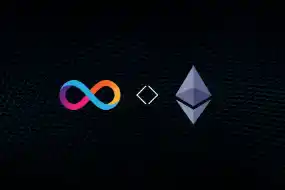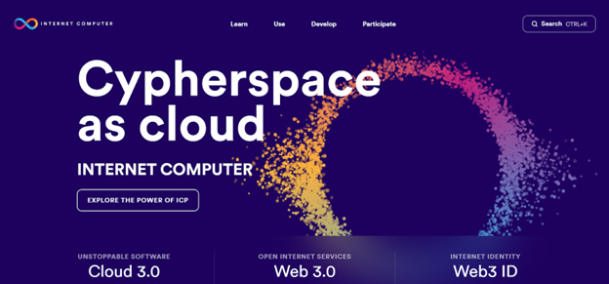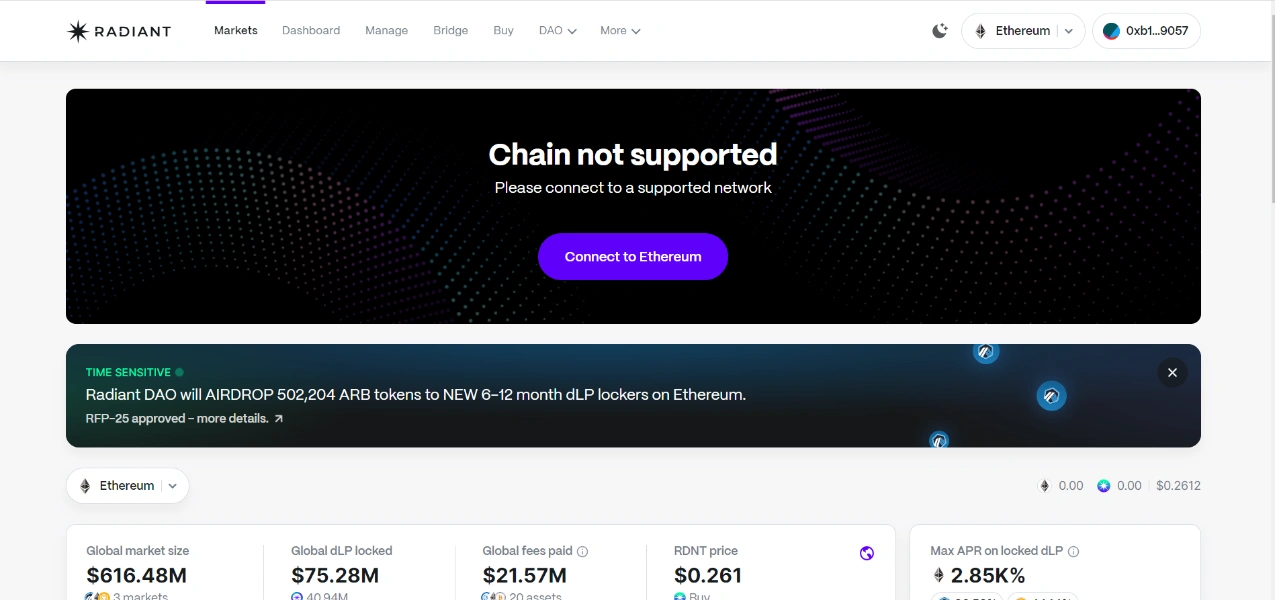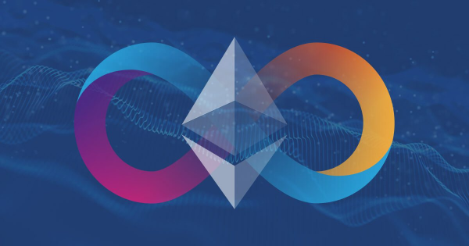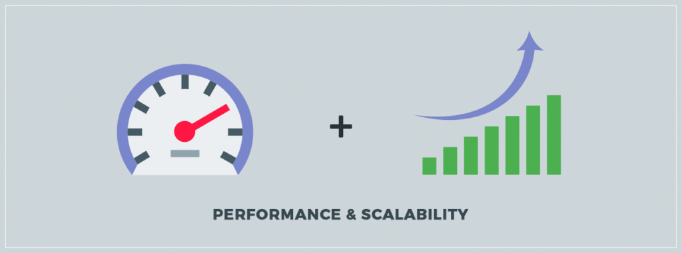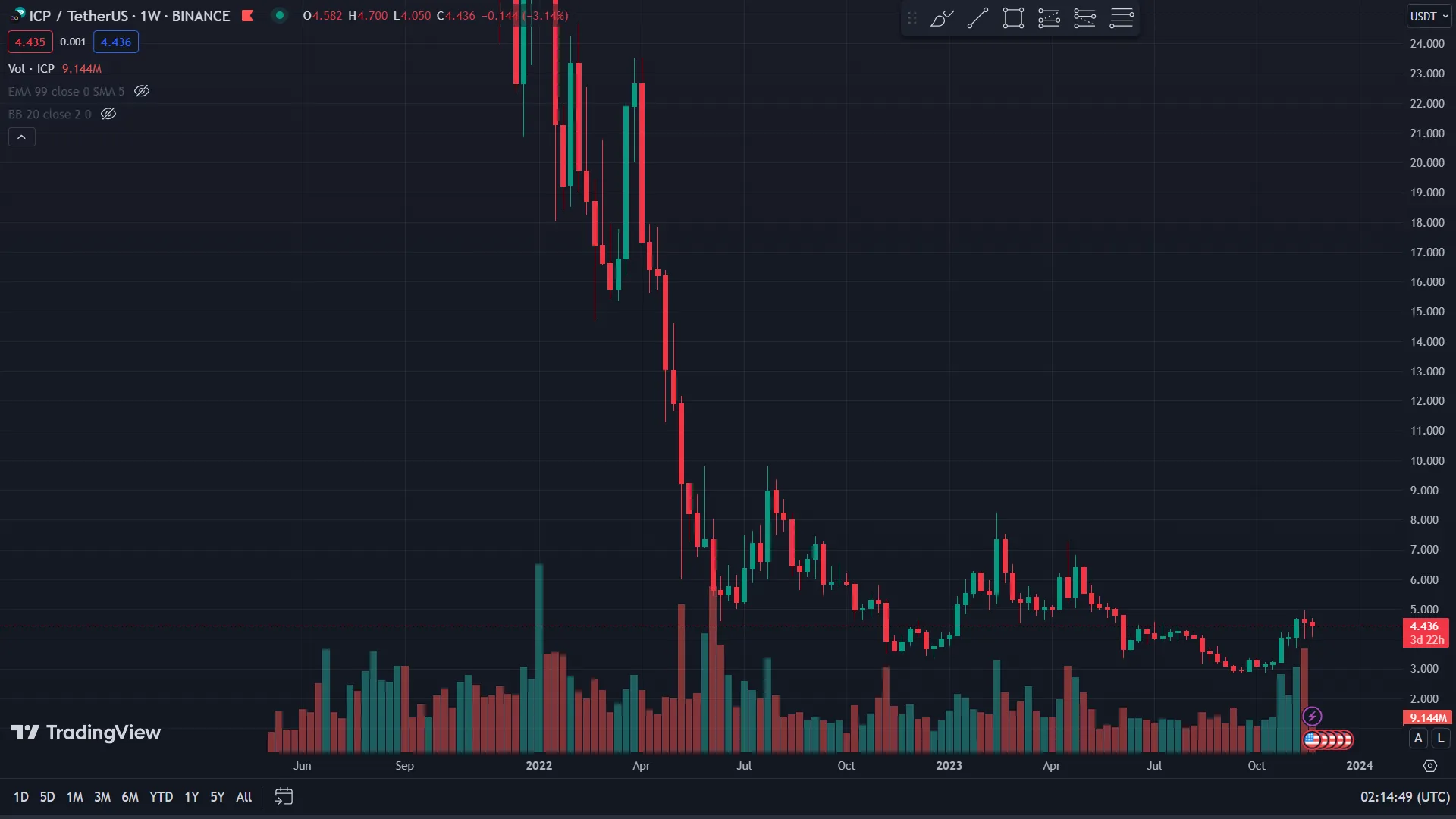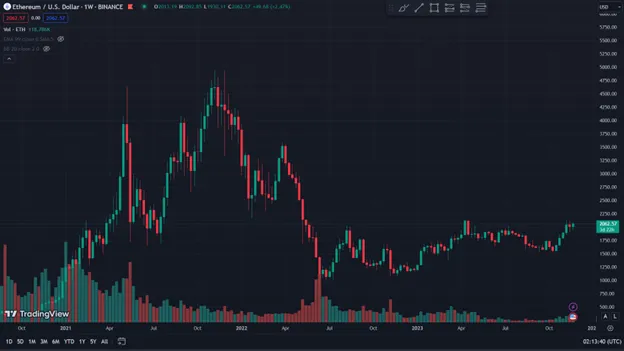Ethereum and Internet Computer
Ethereum and Internet Computer are two prominent blockchain platforms that have gained significant attention recently. They differ in their core architecture and approach to achieving decentralization.
Overview of The Internet Computer
The Internet Computer is a decentralized blockchain project developed by the DFINITY Foundation, a non-profit research organization based in Switzerland. Initially known as “DFINITY,” it aimed to create a unique point in the blockchain space. The project is often referred to as the “World Computer,” and its native token is named ICP.
https://internetcomputer.org/
One unique aspect of the Internet Computer is its ability to replace centralized servers or traditional cloud infrastructure by utilizing dedicated node hardware. This allows it to directly run smart contracts and decentralized applications (DApps) on the blockchain.
Overview of Ethereum
Ethereum, on the other hand, is a decentralized blockchain platform that enables developers to build and deploy decentralized applications (DApps) and smart contracts. The idea for Ethereum was proposed in late 2013 through a whitepaper, and its official development began in 2014 under the leadership of the core development team led by Vitalik Buterin.
https://ethereum.org/en/
Ether (ETH) is the utility token used to facilitate transactions on the Ethereum network. Ethereum went live in July 2015 and has since become one of the most popular blockchains, with the second-largest market capitalization after Bitcoin.
Technical Comparison
Decentralization Approach:
– Ethereum deploys smart contracts on individual nodes.
– Internet Computer uses a “canister” that, when uploaded, is assigned a subnet containing multiple nodes where it will be installed. This subnet runs only on nodes participating in that subnet, ensuring accuracy, network strength, and perpetual operation.
Consensus Mechanism:
– Ethereum previously used Proof of Work (PoW), leading to high energy consumption and transaction fees during network congestion. Ethereum 2.0 has transitioned to Proof of Stake (PoS).
– Internet Computer uses a new consensus mechanism supported by the Chain Key cryptography protocol.
Use Cases
Both Ethereum and Internet Computer serve various use cases, including decentralized finance (DeFi), gaming, social networks, and supply chain management. However, Ethereum, having been around longer, has a larger ecosystem of decentralized applications. Many popular DeFi protocols and DApps, such as Uniswap, Aave, and OpenSea, are primarily built on Ethereum.
The Internet Computer’s unique features, such as the ability to run traditional web services and integrate with other blockchains, make it promising for enterprise IT applications and large-scale decentralized projects.
Related: What Is The Difference between Ethereum (ETH) and Ethereum Classic (ETC)?
Performance and Scalability
Ethereum faced scalability challenges with its PoW mechanism, resulting in high gas fees and slow processing times during network congestion. The recent Ethereum 2.0 upgrade introduced PoS to address these issues.
The Internet Computer, with the Chain Key cryptography, enables faster and more energy-efficient transactions. Its architecture allows horizontal scalability, meaning it can add more nodes to the network as needed. In terms of performance, Internet Computer achieves high Million Instruction Equivalent Per Second (MIEP) values, indicating efficient transaction processing.
Investment Considerations
Choosing between Ethereum and Internet Computer depends on various factors. Ethereum has a longer history, a larger ecosystem, and strong developer and community support. It remains a significant player in the blockchain space.
On the other hand, the Internet Computer has the potential to disrupt traditional industries and create new use cases for blockchain technology. Its unique features and flexibility make it an attractive option for those looking to leverage blockchain’s potential.
Chart ICP
ICP’s price chart on November 23, 2023 is fluctuating around $4.4 and the trading volume in 24 hours is $50,114,906.
Chart ETH
The price chart of ETH on November 23, 2023 is fluctuating around 2060 $ and the trading volume in 24 hours is 12,940,837,458 $.
Investors should consider the current market conditions and the future potential of each platform. Ethereum, with several years of existence, may be viewed as a more mature investment, while Internet Computer, being newer, presents both uncertainties and opportunities for those seeking revolutionary technology with significant profit potential.
Conclusion
In conclusion, Ethereum and Internet Computer have become popular blockchain platforms in recent years. While they differ significantly in their core architecture, they share a common goal of providing power to the next generation of decentralized applications. The comparison provided aims to equip readers with essential information to make informed investment decisions. Successful investing!

